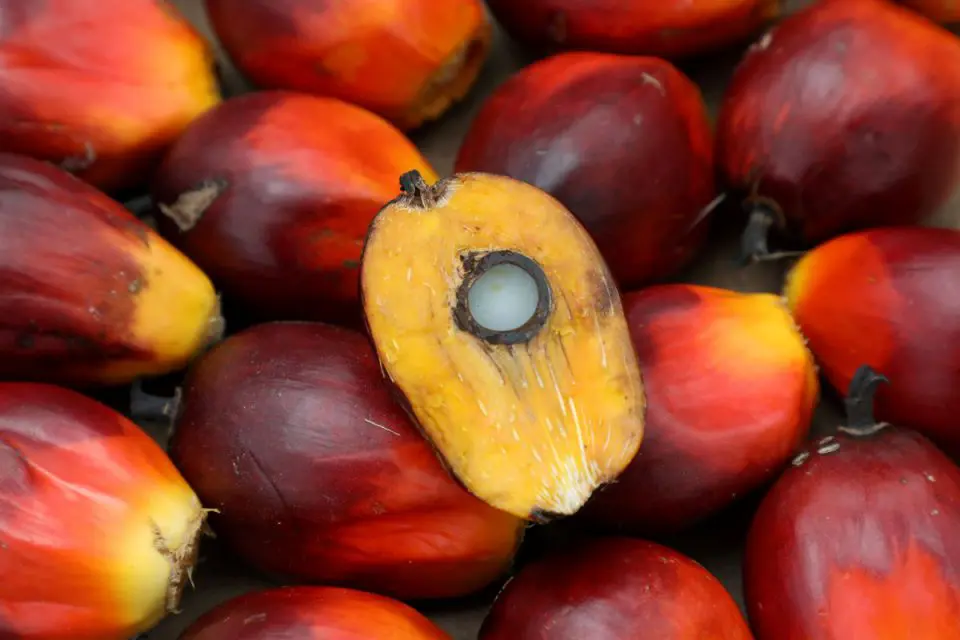KUALA LUMPUR, Dec 17 — The increasing world population and demand opens up vast potential for palm oil suppliers to explore new markets, but some areas need to be improved to smoothen the whole supply chain and better facilitate purchases by countries or companies.
Local palm oil suppliers need to introduce a more competitive logistics system in continuing to supply palm oil products to the Central Asia region, for instance, said a top official of the Malaysian Palm Oil Board on the third day of the Future-Proofed Palm Oil (FPPO) 2020 International Summit and Exhibition yesterday.
Hisamuddin Mohamad Aspar, its product development and advisory services division’s regional manager for Iran, Iraq and Central Asia region, said they also must offer more competitive prices for palm oil products, compared with local vegetable oils or products from Russia and other members of the Eurasian Economic Union.
“Importers expect Malaysian palm oil suppliers to conduct aggressive marketing and provide technical training in using palm oil products, especially in the confectionary industry,” he said.
He said importers also expect to receive more flexible payment terms from suppliers, since the consignment would take around 45 days to reach Central Asia.
“The self-sufficiency levels for vegetable oils in Iran, Kyrgyzstan, Tajikistan and Uzbekistan are low (50 per cent and below). The countries are depending on imported vegetable oils to fulfil their domestic demand.
“However, the major challenge for palm oil, especially in Iran, is that the unilateral sanctions imposed by the United States against the country has caused most of the palm oil suppliers to not want to be looked at as having connections with Iran.
“Therefore, Iran’s LC (letter of credit) was not accepted by banks in palm oil-producing countries. Hence paying for imports through third countries is an extra cost for Iran,” he said.
Due to that, he said, Iran prefers a barter trade with Malaysia to eliminate the difficulties in monetary transactions.
Asked on the US president-elect Joe Biden’s policy against Iran, Hisamuddin said it is still uncertain.
As for the Central Asia region, the palm oil market share is low at below seven per cent and there is room for expansion, especially in the production of solid fats products and blended cooking oils, he said.
Another speaker at the summit, Fatima Alimohamed, said the African continent is a place to be for the palm oil suppliers.
“This is especially when the African continental free trade agreement has come to life, and soon there will be free movement of people and goods,” said the chief executive officer (CEO) of African Brand Warrior and chair of the Association of Ghana Industries (Agribusiness Sector).
She pointed out that the continent has a population of over 1.3 billion people with top countries by population being Nigeria with 206 million people, Ethiopia (115 million) and Egypt (102 million).
By 2050, the continent’s population is expected to hit 2.5 billion.
Fatima also called for more investments in plantations, refining, manufacturing, packing and branding of palm oil and palm oil products there, since it has the land, sea and weather as well as a large labour force.
“This makes it the perfect ground for oil palm investments,” she said.
Meanwhile, another speaker, LBB International founder and chief executive officer Prof Dr Marco Tieman, pointed to some problems in the palm oil supply chain, mostly pertaining to the halal certification.
He said there is a lack of halal certification of palm oil and also poor halal branding of palm oil.
“Even though it is an edible oil, palm oil needs to have its halal certification. Perhaps it was not made mandatory before this but it is crucial to have because the product is used for so many purposes and it is being promoted in Muslim countries.
“Currently there are shortages of halal ingredients and additives with the right halal standards,” he said.
FPPO 2020 is a four-day event that began on December 14. It is aimed at addressing palm oil-related issues and recommending solutions through discussions on markets, policies, strategies, technologies and innovations.
— Bernama





